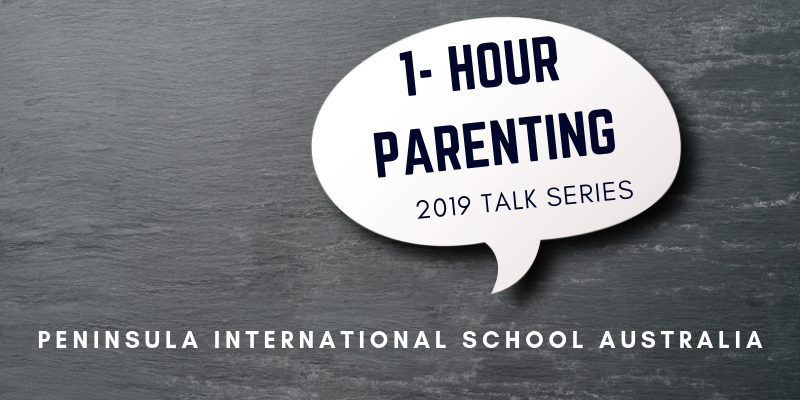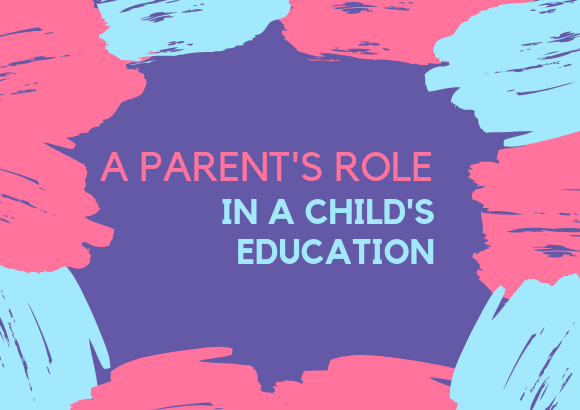A Parent's Role in a Child’s Education
 Schooladvisor Team
Schooladvisor TeamWhat is your role as a PARENT?
That’s a brewing question that all parents subconsciously ask themselves every single day. Parents often feel helpless when it comes to how they might contribute to their child’s education.
- You wake up and wonder how you can make your child’s day better than yesterday.
Little did you know that through simple routine changes and instilling methodical habits, you can positively impact your child’s education.
Here’s how you can impact and help your child’s education in a home environment:
- By adopting and demonstrating a positive attitude about education to your children, this will instil a positive perspective in your child’s mind.
- Promoting reading habits from a young age will be beneficial. Predominantly, at the formative ages from 1 to 5, reading to your child and later on encouraging reading when he or she is able to read will help your child to be more creative, have a consistent and vast vocabulary and other such benefits. These could be done by encouraging your child to use the library both at school and at the public library.
- Do not assume that when you have a teenager in your home, he or she is well on his or her own. Remind yourself that your child is going through so many emotions and changes and it is the point where they are the most vulnerable to making bad decisions. Maintaining a mutual, positive relationship with your child is essential- through daily conversations, always having an open ear without critically judging them is the right way to go about it. This will not only help him or her mental health but they will also confide in you and trust you enough to talk about their mistakes or simply ask for advice instead of following peers. Having proper conversations is significant since you will be able to help your child focus on his or her education.
- Knowing how to prioritise activities is crucial. If you want your child to be disciplined, it is recommended to monitor your child’s television, video game, and Internet use and set aside a regular time for homework to be completed.
Here are some tips we suggest you try if your child is struggling at school:
- If your child is frustrated, give him or her time to calm down-- talking to an angry person is futile since he or she will not think rationally. As a result, giving them time to relax their mind will help to develop their coping skills and will invest their conscious effort, where children are more likely to differentiate between right and wrong. However, guidance is expected from you to help them through such situations.
- Comprehension is a paramount attribute that parents should have. Here’s a parenting tip- ‘Having a rational conversation does not always work, sometimes simple words like “I understand” is all that your child needs to hear from you'.
- Let your child make his or her own mistakes-- this is part of how they learn. Only by acknowledging their errors that children will learn to move forward and will lessen the risk of repeating them.
- Balance is essential for children. Equilibrium and effective time management is essential to ensure that your child is having a healthy lifestyle-- by setting up a time limit regarding work and play time.
- Organisation is an essential attribute that your child should possess. This will help your child to be independent in the long run. Organisation can be encouraged and instilled with simple activities, like, the use of checklists, set a designated study place, keeping notebooks organised, properly managing homework assignments or conduct a weekly clean-up plan.
- If conversations with your child are not effective, it is recommended that you contact the school to share your concerns with the respective teacher(s). Since students spend the majority of time spent with teachers.
- As parents, you should be able to recognise that school work will never be conflict-free. Instead of arguing and pressurising your kids, learn to support and encourage them through constructive criticism.

The Peninsula International School Australia (PISA) believes that the success of your child’s education involves a 4-way relationship-- between you, the school, the teachers and their partner Peninsula Grammar.
A series of free talks are organised to enrich parents’ knowledge of child-raising.
For this talk, PISA brings to you, the best minds of child educators from the industry and childhood education providers to impart their expertise.
Parents are also encouraged to discuss their child’s performance with teachers during parent-teachers day once every term. In cases where parents feel the urgency to contact teachers, they may opt for pre-set appointments.
To know more about the “1-Hour Parenting” from PISA, check Peninsula International School Page

